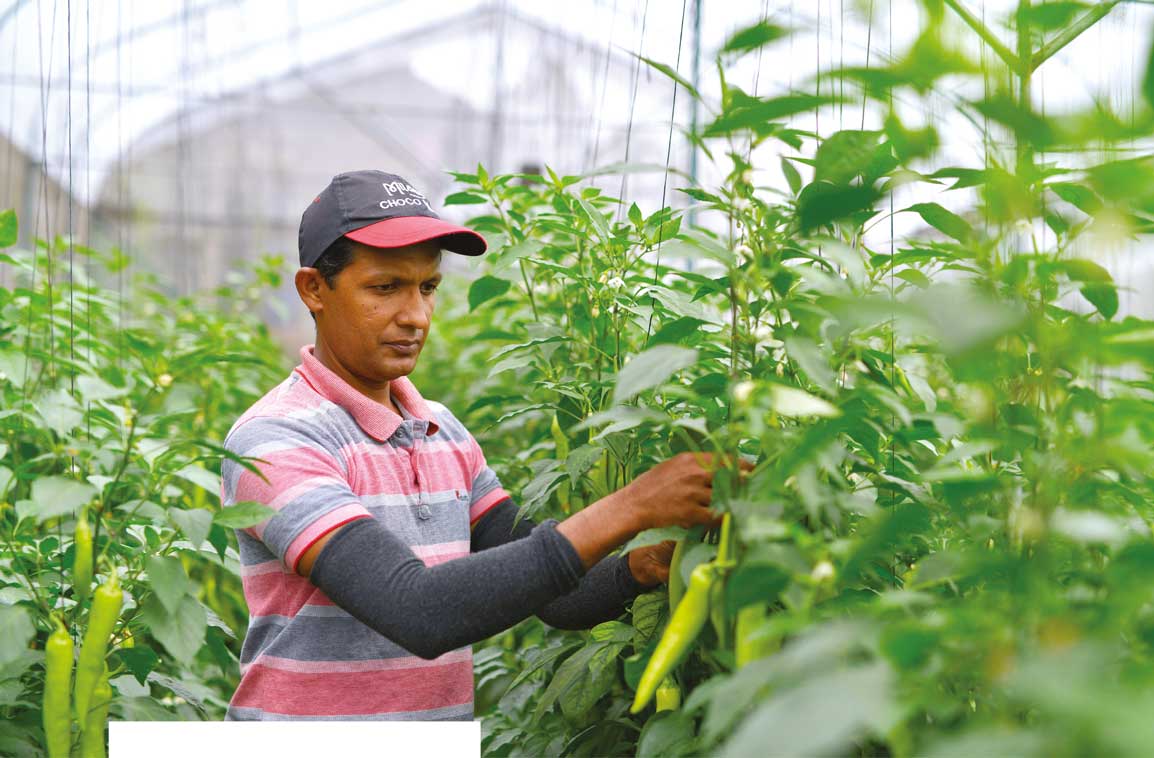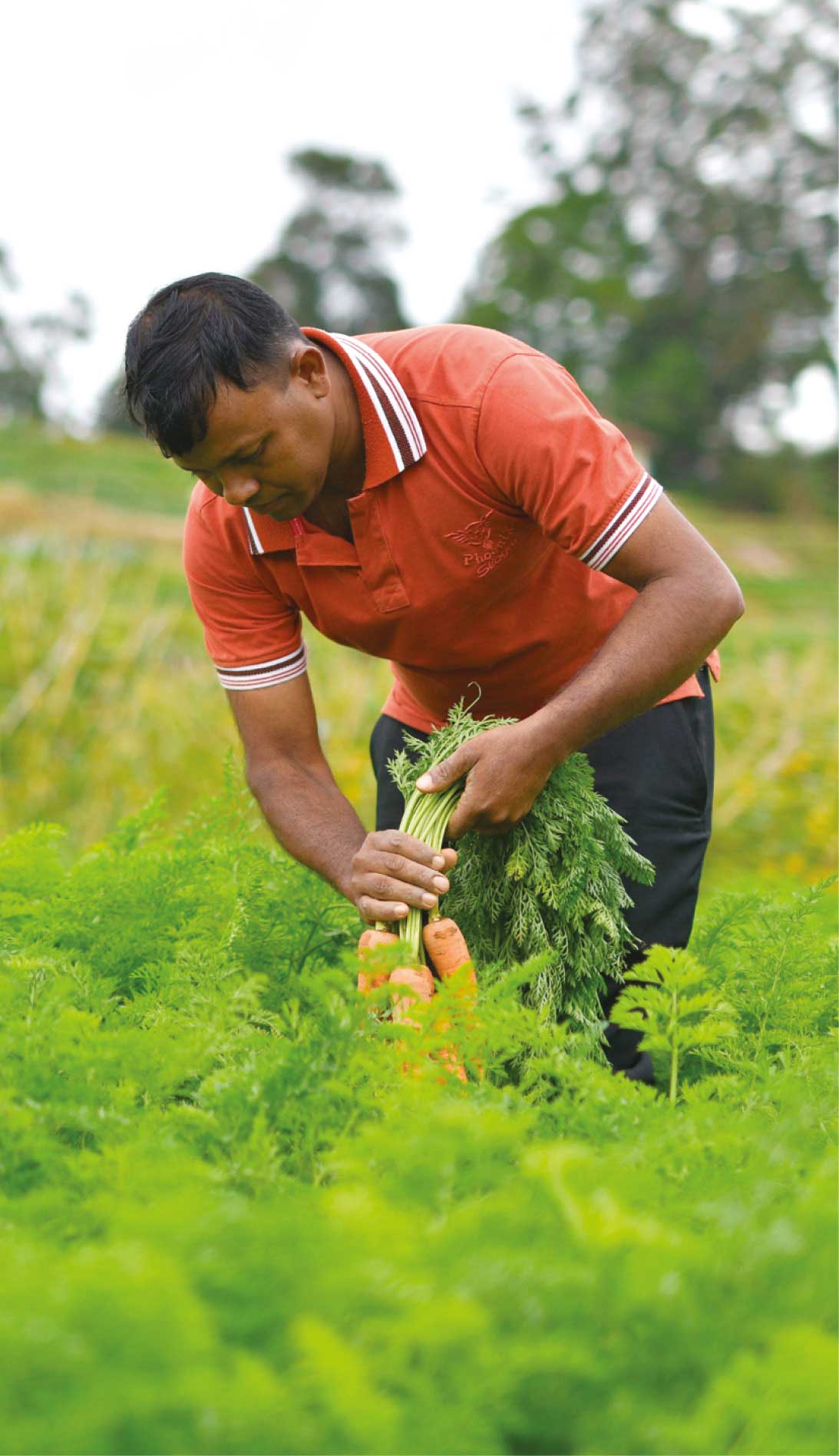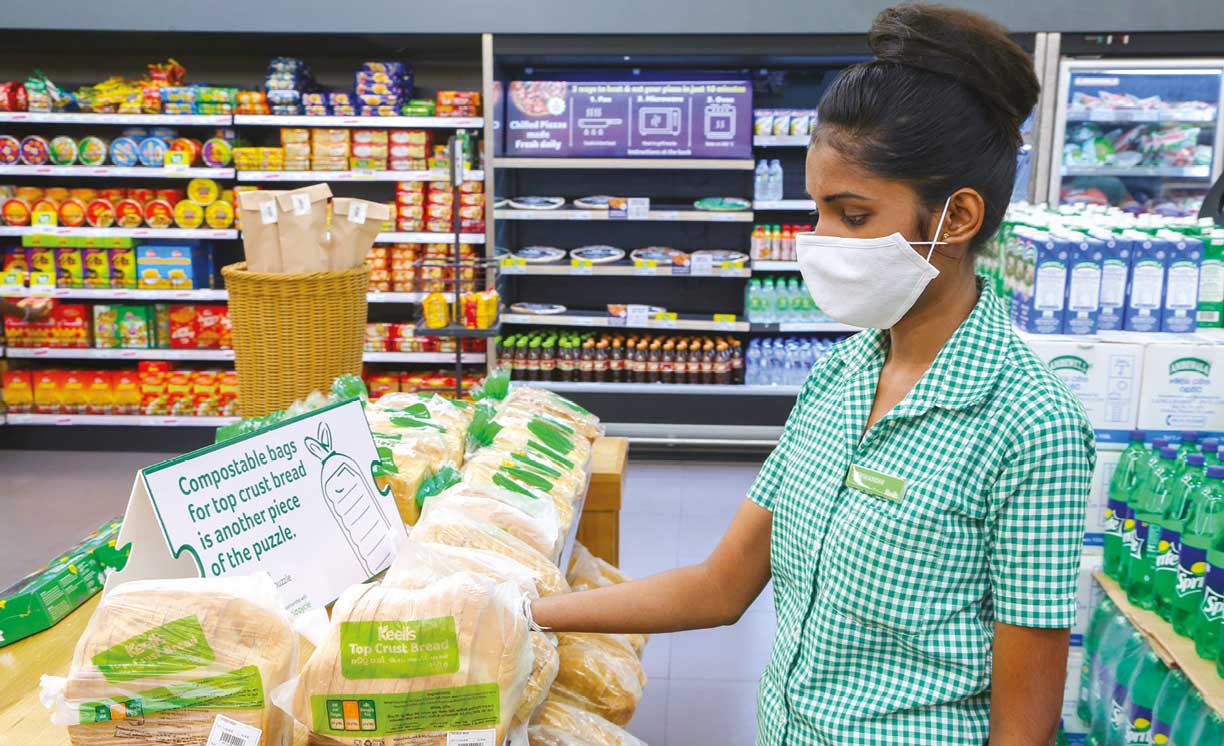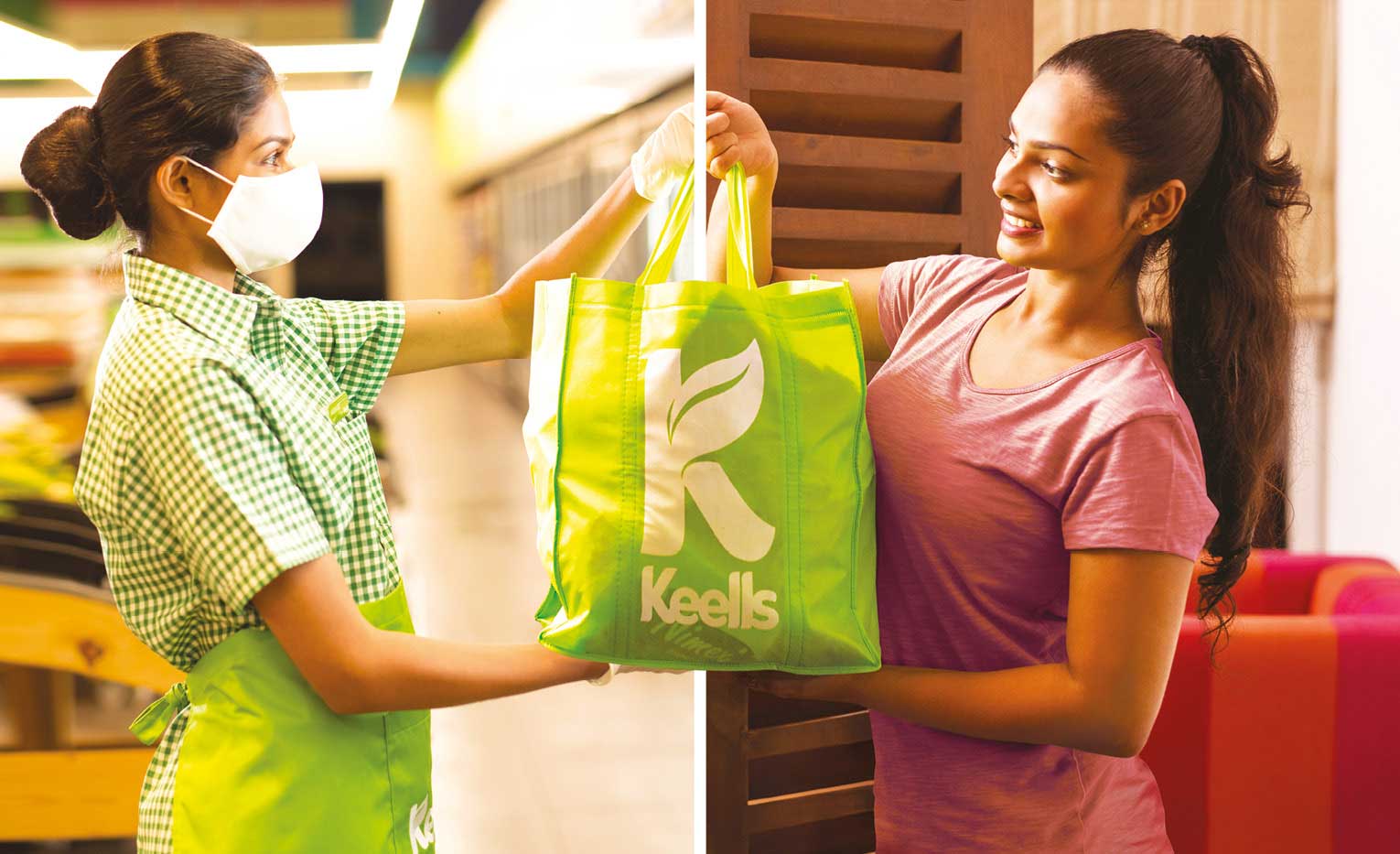CORPORATE PROFILES
KEELLS

Q: What does sustainability mean to Keells?
A: Keells’ core purpose is to improve the quality of life of the nation. This reason alone is why the business exists and its strategies conform accor-dingly. Improving the quality of life encompasses all stakeholders including the wider communities and environment.
At Keells, sustainability is ingrained in our work; it is at the heart of what we do.
As such, we focus on four areas around co-m-munity and sustainability – viz. reducing our impact on the environment; helping communities thrive by engaging in impactful ways; sour-cing products correctly by improving our supply chains; and upskilling and enabling our youth, while promoting diversity and employment.
 Q: And what sustainability initiatives has the company embarked on?
Q: And what sustainability initiatives has the company embarked on?
A: We’ve made significant progress on three fronts and are seeing positive outcomes.
Keells takes pride in being the first Sri Lankan retailer to commit to halving its single-use polythene footprint in 2019. We’ve made steady progress even amid the pandemic. As our operations rely on single-use polythene, we wanted to contribute to a solution.
Investing in renewable energy is another way in which the business aims to reduce its environmental impacts.
We employ more than 6,000 Sri Lankan youth, and focus on maintaining a healthy and diverse culture with a 49 percent female to male ratio. As this number continues to grow and they entrust their careers in us, skilling them is a task we take seriously.
By providing opportunities to obtain qualifications such as those from the National Apprentice and Industrial Training Authority (NAITA) and NVQ, Keells has enabled job creation while deve-loping skilled youth, thereby contributing to the income generation of thousands of families.
To encourage a learning culture, we’ve also intro-duced an online learning platform.
Farmers in our supply chain play a vital role in providing fresh, quality produce. So we have colla-boratively implemented many programmes to drive diversity, quality and good farming practices while also focussing on livelihood development.
 Q: How does Keells work with key stakeholder groups?
Q: How does Keells work with key stakeholder groups?
A: Considering our work with farmers, Keells has played a role in providing expertise and working collaboratively with parties that can support our farmer base, with the objectives of developing agricultural practices to be more sustainable, improving livelihoods and ensuring that quality products are available at the right price for customers.
We work with over 2,500 farmers annually and of them, a selected group undergoes the process to obtain Good Agricultural Practices (GAP) certification.
Together with a smallholder agriculture partnership programme, we develop the use of app-ropriate technology – such as post-harvest technology and efficient irrigation systems – and improve their financial literacy, with a special focus on youth farmers and the 10 percent of farming units that are female owned.
Along with the ILO, we support 50 farming families in the north with capacity building programmes. And we work with the Market Develop-ment Facility (MDF) to digitalise farmer activities.
The John Keells Foundation too conducts higher education and English language scholarship programmes in our farming communities.
 Q: What is your assessment of the progress on the plastic commitment?
Q: What is your assessment of the progress on the plastic commitment?
A: We’ve converted 35 percent of single-use poly-thene bags in stores to compostable alternatives and are halfway to our second commitment to reduce single-use polythene for in store food packaging by making it recyclable, compostable or reusable. Early this year, we converted our top crust bread bags to compostable alternatives.
Our stores’ recycling bins collect approximately 450 kilogrammes of plastic a month, preventing it from ending up in landfills and waterways, and going so far as to remove nearly 765 kilogrammes of plastic in our point-of-sale material too.
Changing the behaviour of consumers to bring reusable alternatives when shopping and driving our team to use less polythene is a challenge to overcome, and we work collaboratively with the relevant authorities to ensure new legislation ref-lects a step in the right direction.
 Q: How do customers influence Keells’ sus-taina-bility goals?
Q: How do customers influence Keells’ sus-taina-bility goals?
A: This journey would not be possible without the support and regular feedback of loyal customers, suppliers, the farming community and the committed Keells team. We believe that ha-ving the right conversations with customers and partners achieves the best outcomes.
Customers are honest and forthright with us on why and how they want to see change for the better, and we thank them for it. With their su-g-gestions, we’ll continue to invest, invent and implement new initiatives.
We thank all customers who were catalysts in this journey and encourage others to join us.
Nilusha Fernando
Head of Marketing
www.keellssuper.com




